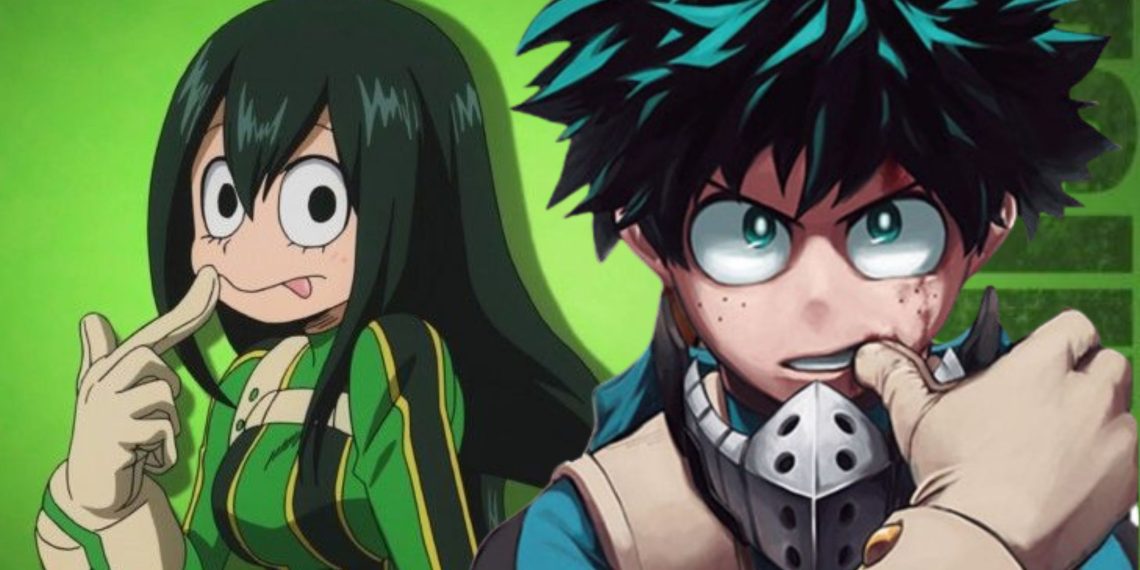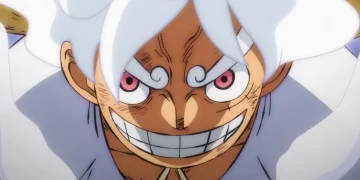The final chapter of “My Hero Academia” dropped on August 5, 2024, and the fandom is still buzzing with mixed emotions and interpretations about its ending.
Despite the chapter being out for almost a week, the true meaning behind the resolution, particularly regarding Izuku Midoriya’s fate, remains a topic of heated debate.
Many fans criticize what they perceive as a bittersweet ending for the protagonist, arguing that the ending doesn’t do justice to his journey.
However, while multiple interpretations are possible, it’s essential to recognize that the ending is not necessarily a negative one.
The Controversy of the Time Skip
One significant point of contention among fans is the depiction of Deku’s life during the eight-year time skip.
According to the storyline, after this time leap, Izuku Midoriya takes on the role of a teacher at U.A. High School, working alongside his former mentors, including Aizawa.
Meanwhile, many of his classmates and friends have continued their careers as pro heroes, each taking their path and making their mark in the heroism world.
For instance, Bakugo and Todoroki are still locked in their ongoing rivalry, each striving to become the number one Pro Hero.
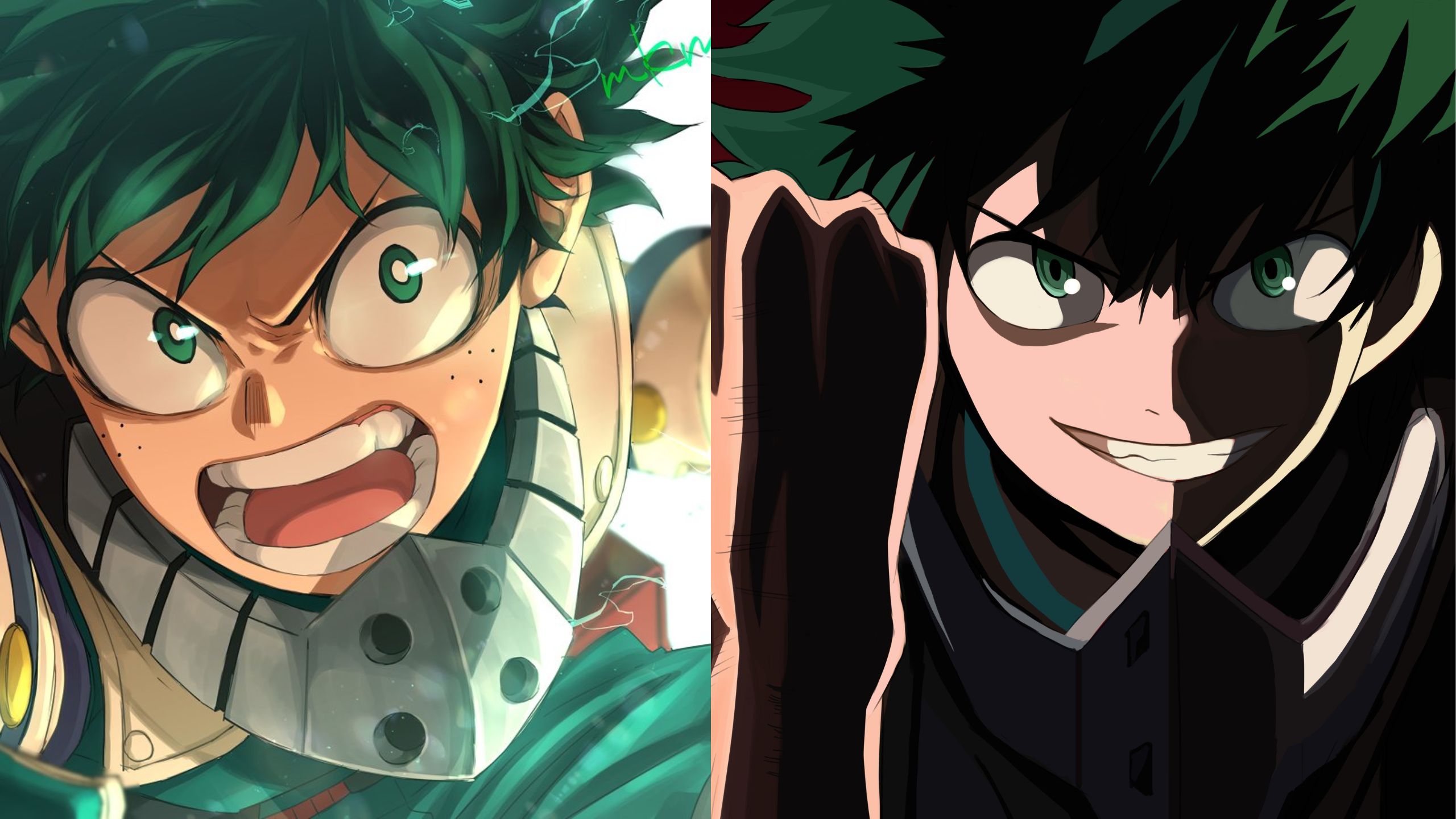
Uraraka, along with other students, has take off on a welfare program aimed at supporting individuals experiencing quirk awakenings.
Tentacole is actively involved in advocating for the rights of heteromorphs, showcasing his commitment to social justice and reform.
In contrast, Deku has chosen to stay behind at U.A., a decision that some interpret as a sign that he has been left behind by his peers.
Misconceptions About Deku’s Role and Support
The notion that Deku was abandoned by his friends is a misconception that doesn’t align with the broader narrative of the series.
While it may appear that Deku is isolated in his role as a teacher, this perception is contradicted by several key moments in the story, particularly during the Dark Deku arc.
During the Dark Deku arc, Izuku Midoriya finds himself at a low point, having isolated himself from his friends and allies in the face of the impending war against Shigaraki and All for One.
This period is marked by intense emotional and psychological turmoil for Deku, as he grapples with the weight of his responsibilities and the fear of being a burden to those he cares about.
Class A’s Intervention During the Dark Deku Arc
In this critical arc, Class A confronts Deku when he is at his lowest. The scene is charged with emotion as each member of Class A takes a stand to prevent Deku from continuing on his self-destructive path.
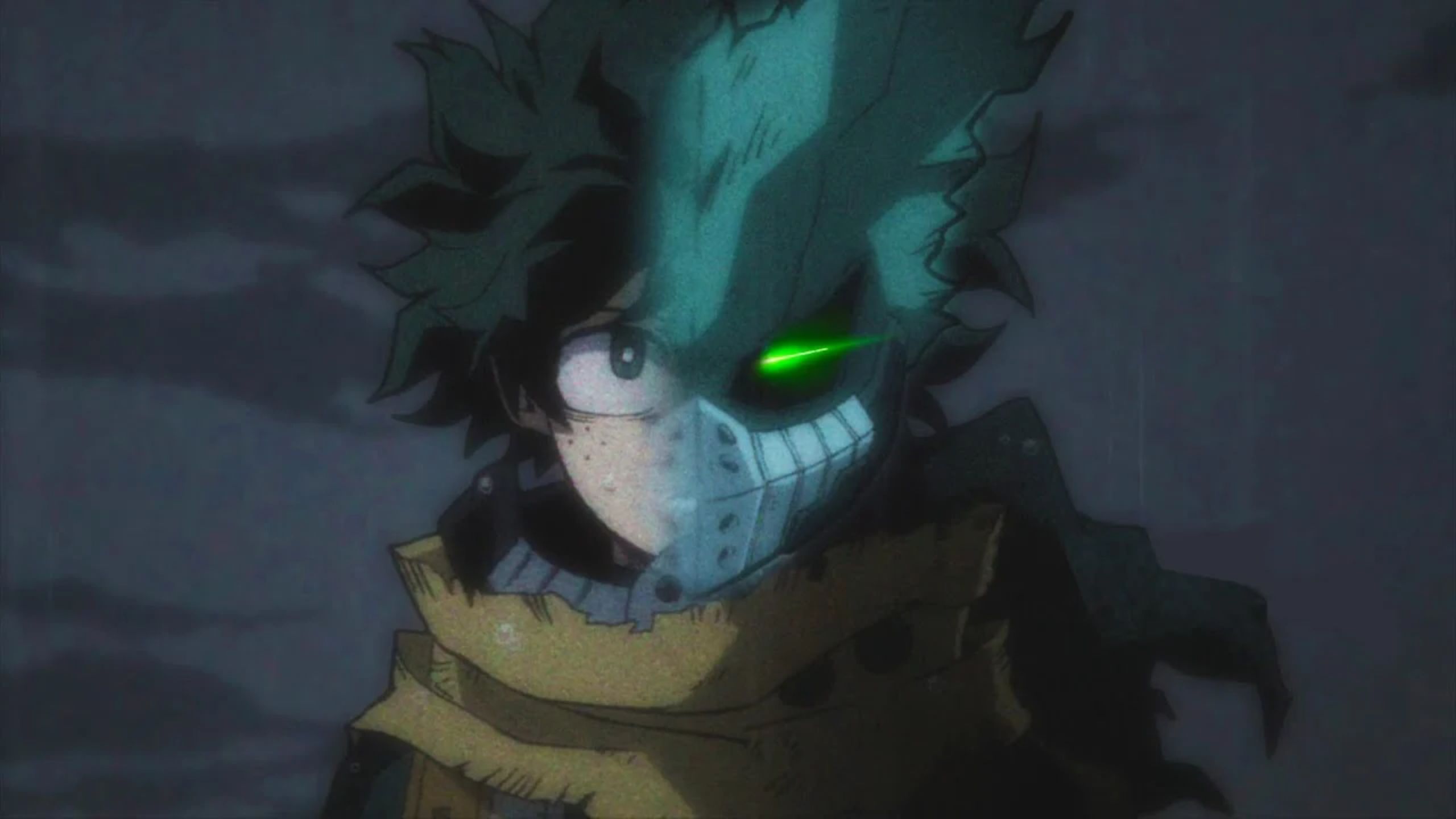
They do not simply offer words of encouragement but actively intervene to bring him back from the brink of isolation.
One of the most poignant moments occurs when Froppy, or Tsuyu Asui, speaks directly to Deku. Her dialogue is a powerful affirmation of Class A’s loyalty and commitment to their friend.
Froppy tells Deku, “If you try to bear all the burden of the ongoing issue onto yourself, we, the rest of Class A, would never let you accomplish such a selfish dream.”
This statement is significant as it summarizes the core of Class A’s relationship with Deku: an unwavering commitment to standing by him, no matter the personal cost.
Understanding Froppy’s Words
Froppy’s words are more than just a reassurance; they represent a profound understanding of the nature of true friendship and support.
Her comment highlights that Class A’s bond is not just about being present in times of success but also about being there through the darkest moments.
They recognize that Deku’s burden is not something he should carry alone, and their intervention is a testament to their deep-seated belief in mutual support and collective responsibility.
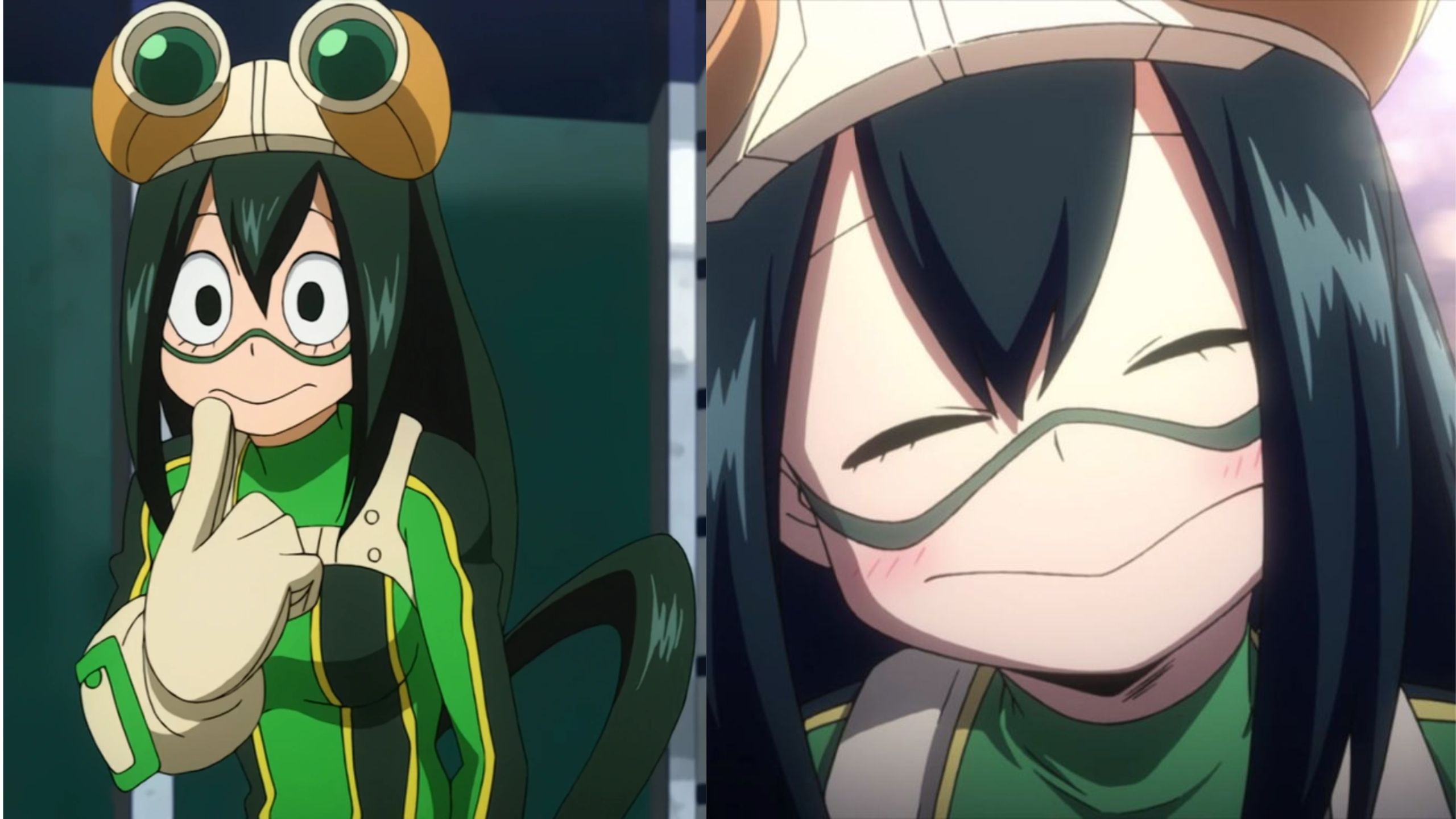
The dialogue also serves to counter the notion that Deku was abandoned by his friends. Instead, it reinforces the idea that Class A’s loyalty remains strong, regardless of the physical distance or the different paths they have chosen.
Their willingness to confront Deku and express their feelings is a clear indication that their bond has not weakened over time.
The Broader Implications of Class A’s Support
Froppy’s affirmation of Class A’s support carries broader implications for understanding the dynamics of their relationships.
It underscores the theme of unity and solidarity that has been central to the series from the beginning.
The idea that Class A would not allow one of their own to face challenges alone is a reflection of the series’ emphasis on the importance of teamwork and mutual support.
Moreover, this dialogue challenges the narrative that Deku’s choice to remain at U.A. represents a failure or a sign of abandonment.
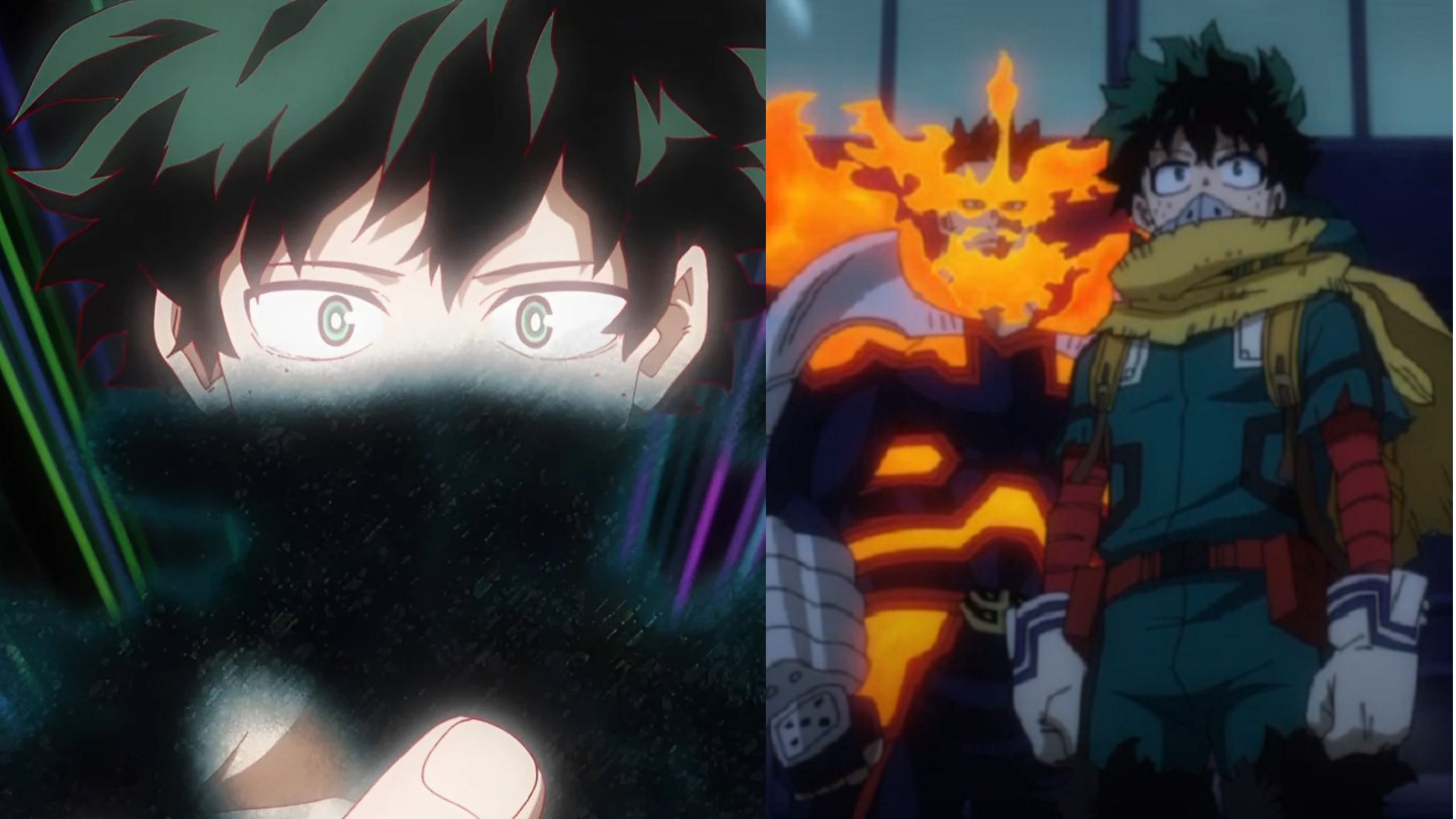
Instead, it reaffirms that his decision to teach is a valid and significant part of his journey.
It highlights that, despite the changes in their roles and responsibilities, the members of Class A continue to support each other in meaningful ways.
The Evolution of Deku and Class A’s Relationship
As the series progresses, the relationship between Deku and Class A evolves, reflecting the growth of both the characters and their dynamics.
The time skip introduces a new phase in their lives, where each member of Class A has forged their path while maintaining their connections with one another.
This evolution is marked by both physical and emotional distance, yet it does not diminish the strength of their bond.
The emotional confrontation during the Dark Deku arc illustrates that, despite the changes and challenges, the core values of friendship and support remain intact.
Class A’s willingness to stand by Deku, even when he pushes them away, speaks to the enduring nature of their relationships.
The Symbolism of Deku’s Teaching Role
Deku’s role as a teacher at U.A. High symbolizes more than just a career choice. It represents a culmination of his journey and his commitment to fostering the next generation of heroes.
His decision to stay behind and teach reflects his dedication to the ideals he has always cherished: the pursuit of knowledge and the nurturing of potential.
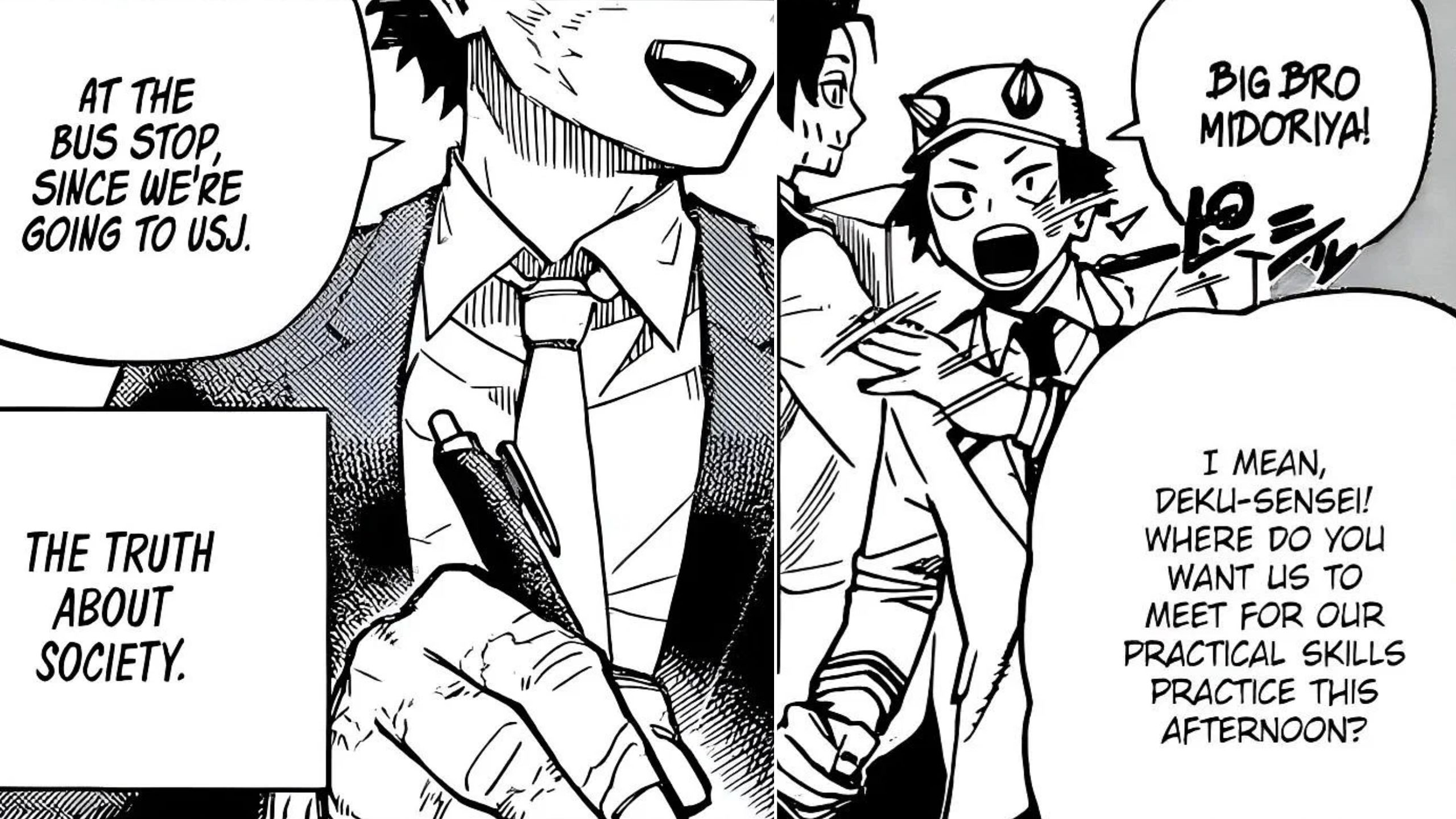
This role also serves as a counterpoint to the notion that Deku has been left behind. Instead, it highlights his continued involvement in the hero community in a different capacity.
His influence and impact as a teacher are significant, demonstrating that his contributions to the world of heroes extend beyond his own personal journey.
The Enduring Nature of Class A’s Support
In the end, while the final chapter of “My Hero Academia” and the subsequent time skip may give the impression that Deku has been abandoned, this interpretation fails to consider the full context of the narrative.
Froppy’s dialogue during the Dark Deku arc provides a clear and powerful rebuttal to this notion.
Her words reaffirm that Class A’s support for Deku remains unwavering, despite the physical and emotional distances that have developed over time.
The series concludes with a message of enduring connection and loyalty, emphasizing that true friendship transcends challenges and changes.
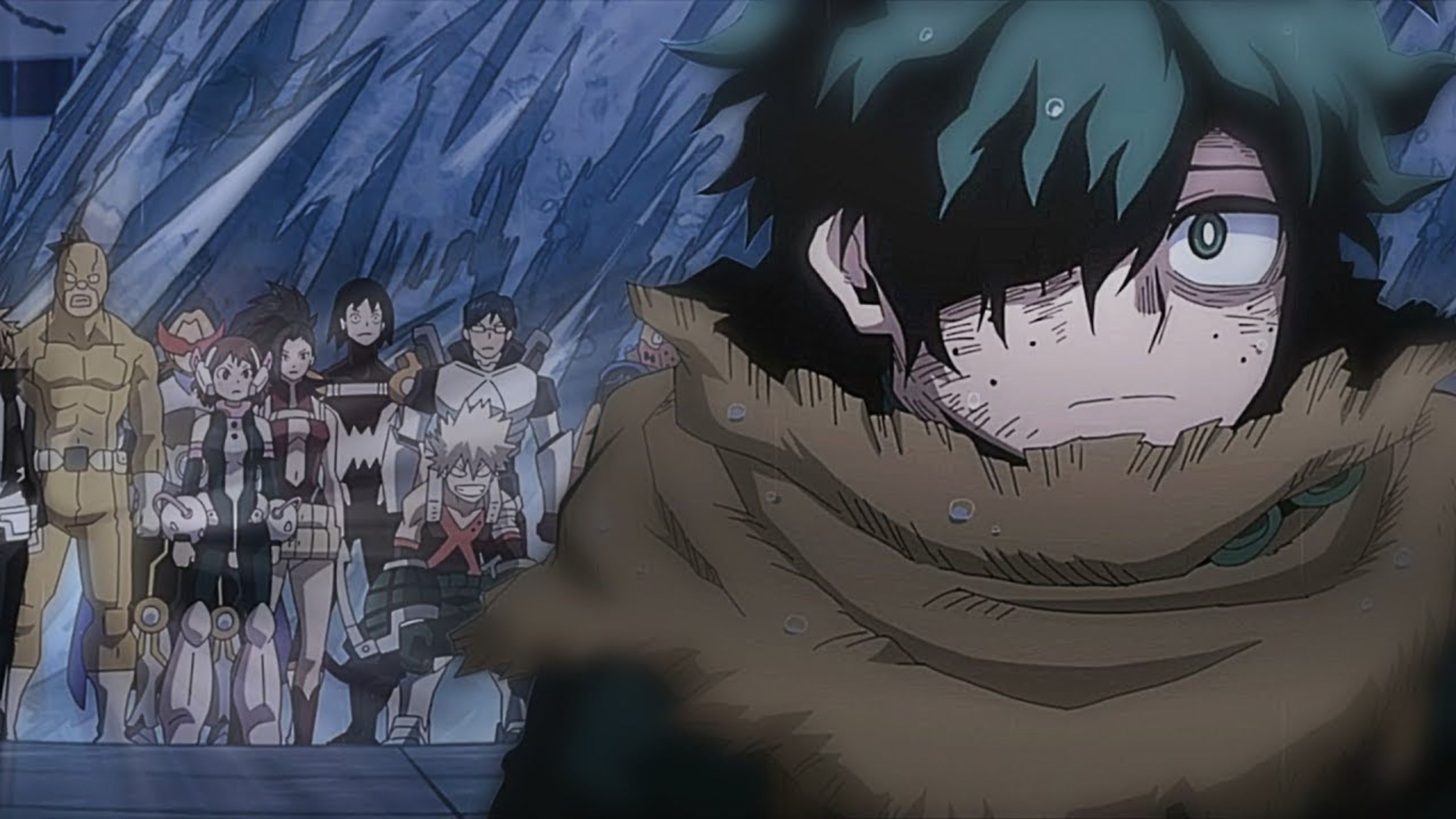
Class A’s commitment to Deku, as demonstrated by Froppy’s comments, highlights the strength of their bond and their dedication to one another.
As fans continue to reflect on the ending of “My Hero Academia”, it is essential to recognize that the series concludes on a note of unity and mutual support, reaffirming the core values that have defined the journey of Izuku Midoriya and his friends from the beginning.

